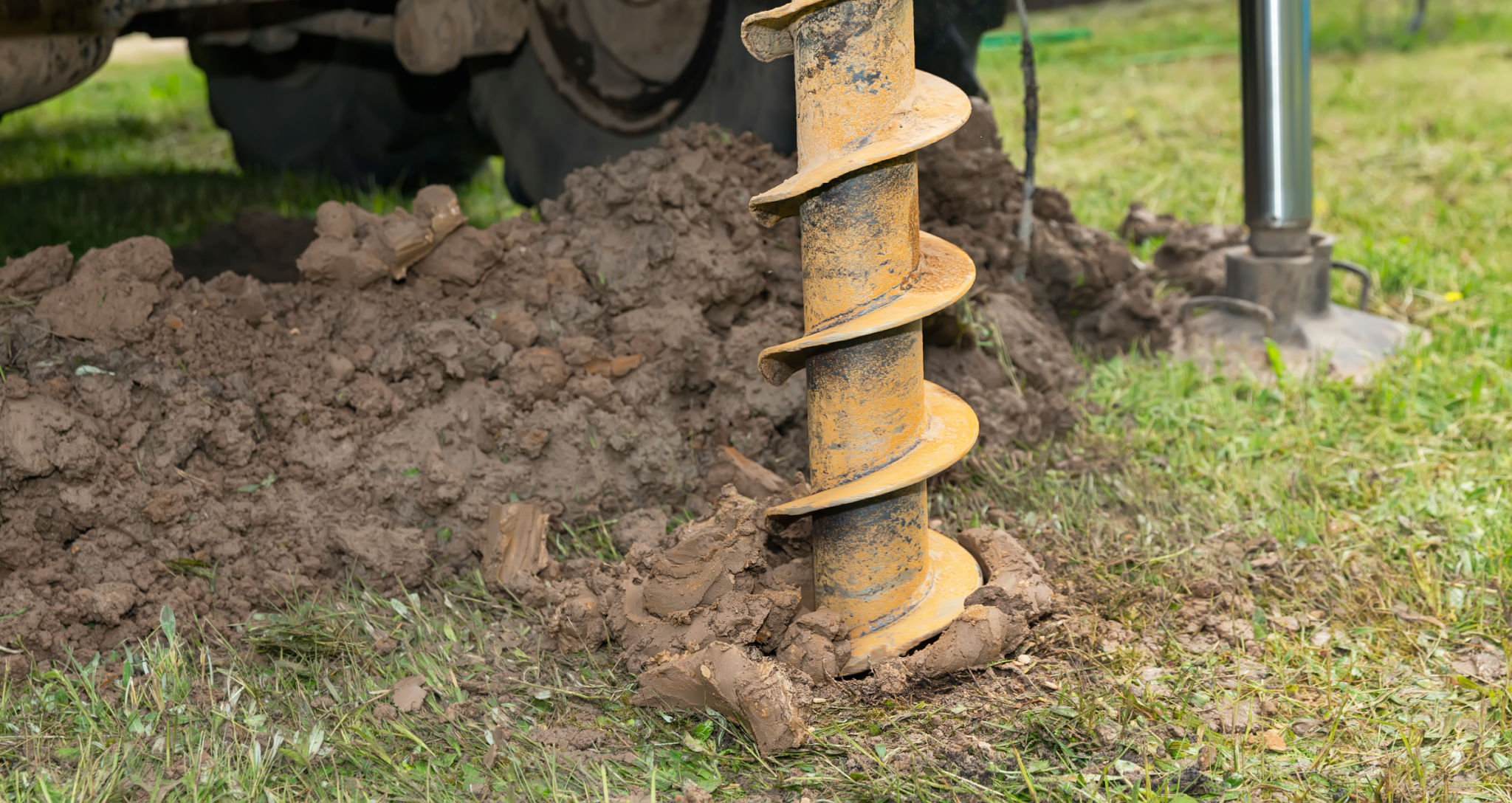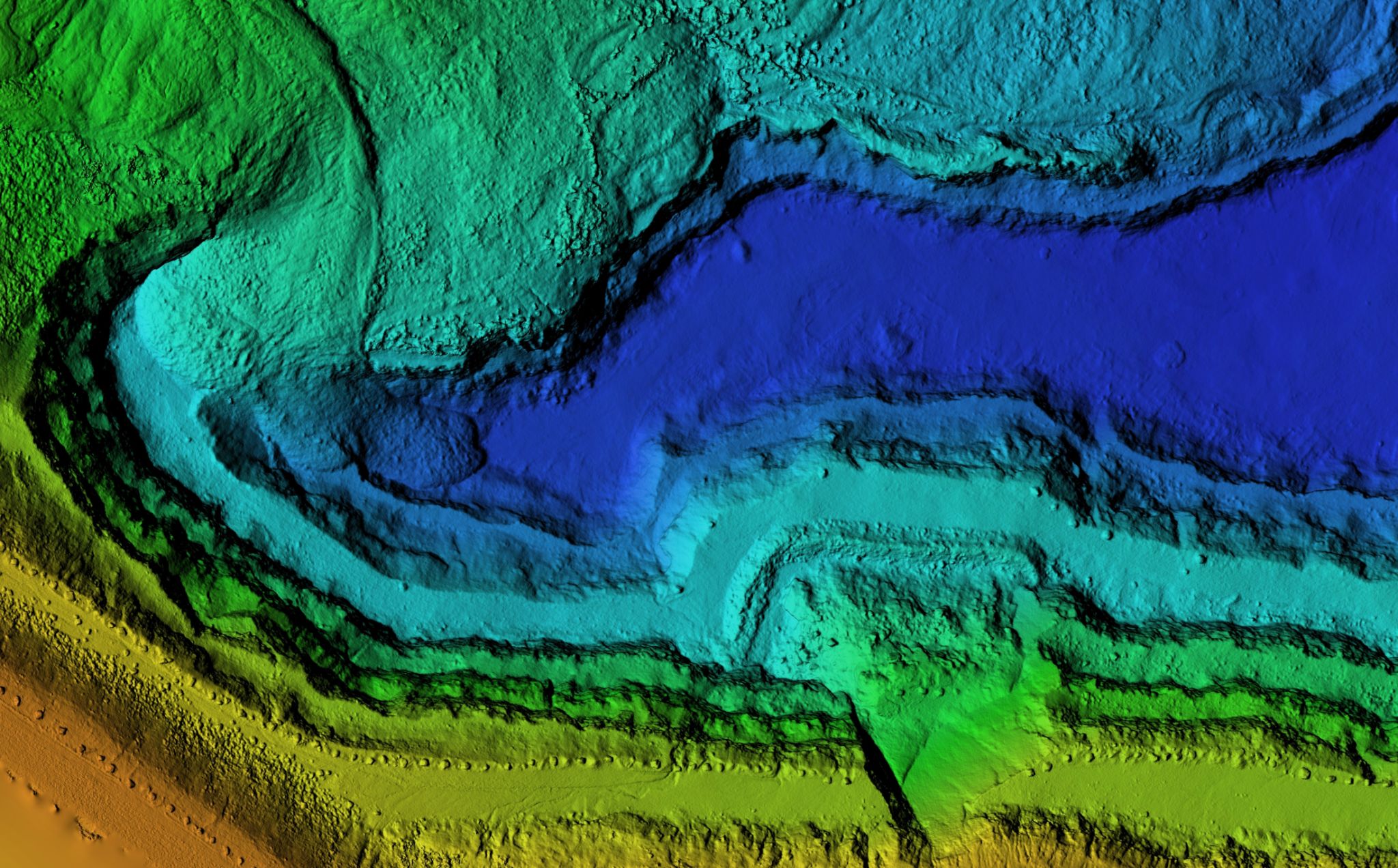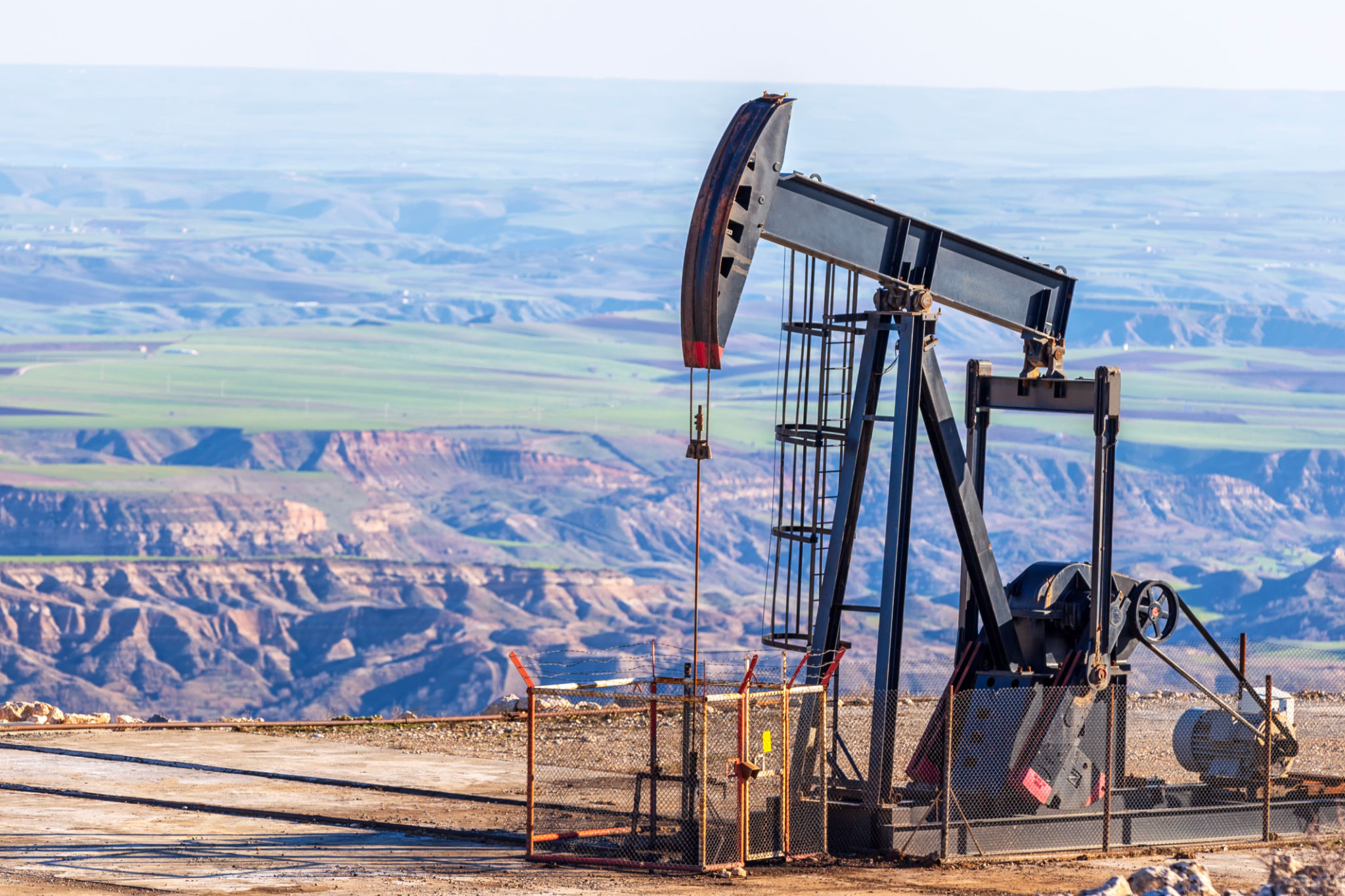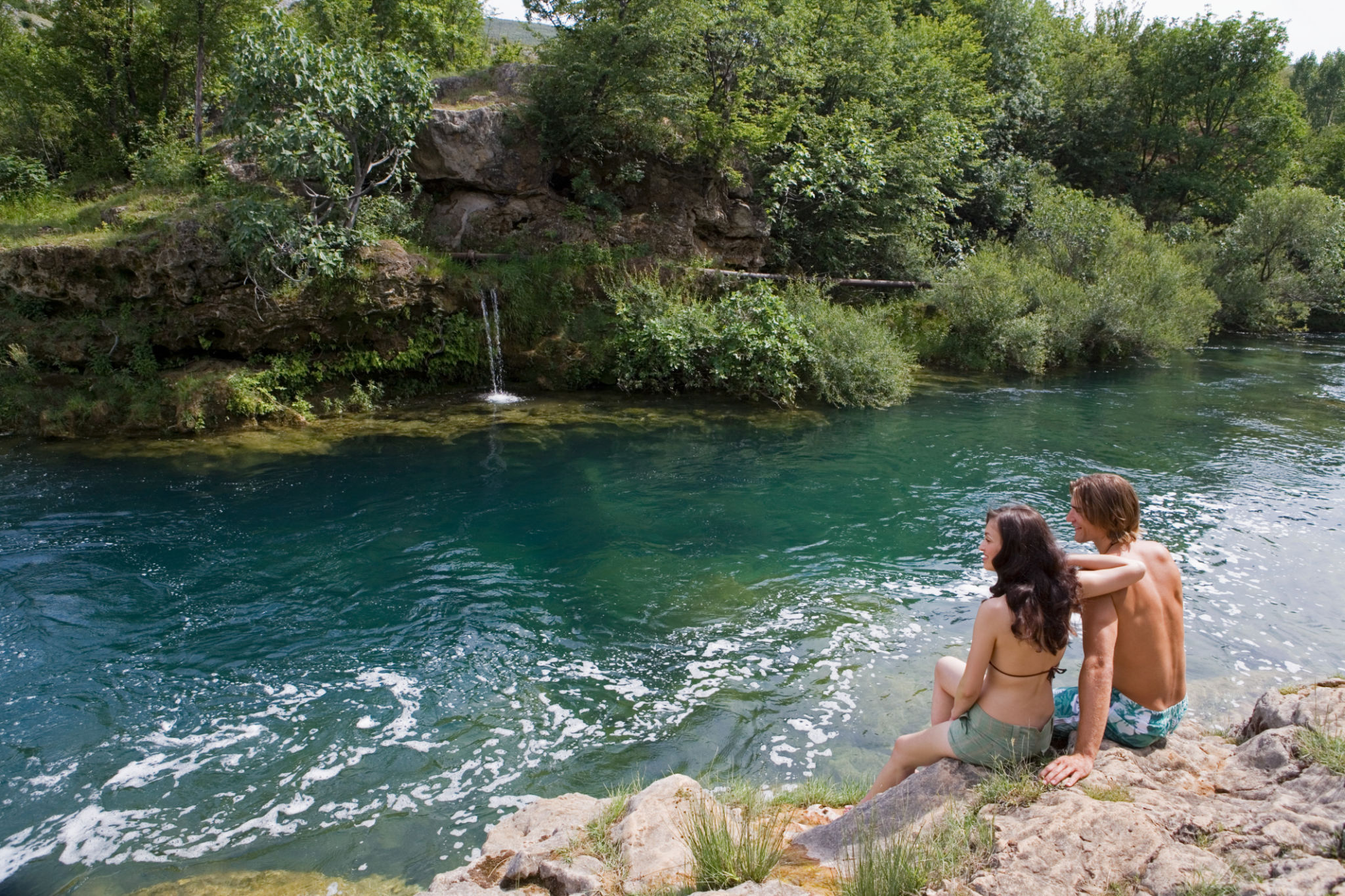The Ultimate Guide to Borehole Drilling in Zimbabwe: What You Need to Know
Understanding Borehole Drilling
Borehole drilling is an essential process for accessing underground water, especially in regions where surface water is scarce. In Zimbabwe, borehole drilling has become increasingly popular due to its reliability and sustainability. It involves creating a narrow shaft into the ground to reach aquifers, providing a consistent water supply for households, agriculture, and businesses.

The process of borehole drilling requires specialized equipment and expertise. It's crucial to work with a reputable drilling company to ensure the project is completed efficiently and effectively. Companies often offer a range of services, from site surveys to the installation of pumps and water storage systems.
Preparing for Borehole Drilling
Before commencing a borehole drilling project, there are several preparatory steps to consider. Firstly, conducting a geological survey is vital to determine the best location for drilling. This survey assesses the subsurface conditions and ensures the site has a viable water source.
Additionally, obtaining the necessary permits and approvals from local authorities is a critical step in the process. These permits ensure that the drilling adheres to environmental and governmental regulations, helping to prevent legal issues down the line.

Choosing the Right Drilling Company
Selecting a trustworthy and experienced drilling company is crucial for the success of your project. Consider the following factors when making your choice:
- Reputation: Look for companies with positive reviews and testimonials.
- Experience: Ensure the company has a history of successful projects.
- Equipment: The company should use modern and well-maintained equipment.
- Cost: Obtain multiple quotes to compare pricing and services offered.
The Drilling Process
The actual drilling process involves several stages. Initially, a rig is set up at the chosen site. The drilling then commences, with specialized bits used to penetrate the ground until the aquifer is reached. The depth of the borehole can vary based on geological conditions and water table levels.

Once the desired depth is achieved, casing pipes are installed to prevent the borehole from collapsing and to protect the water from contamination. Finally, a pump system is installed to extract water efficiently. Regular maintenance of both the borehole and pump system is necessary to ensure longevity and optimal performance.
Benefits of Borehole Water
Investing in borehole drilling comes with numerous benefits. Borehole water provides a reliable source of water, reducing dependence on municipal water supplies that may be inconsistent or unavailable. It also offers cost savings in the long run, as you'll have access to your own water supply.
Moreover, borehole water is often cleaner and more natural than treated municipal water. With proper filtration systems, it can be used for drinking, cooking, irrigation, and more, making it an excellent investment for both households and businesses.

Environmental Considerations
Borehole drilling must be conducted with respect for the environment. It's important to minimize any potential ecological impact by complying with environmental regulations and following best practices. This includes proper waste disposal and ensuring that drilling does not disrupt local ecosystems.
Overall, borehole drilling in Zimbabwe offers a sustainable solution to water scarcity challenges. By understanding the process and selecting the right partners, you can ensure a successful project that provides long-term benefits.